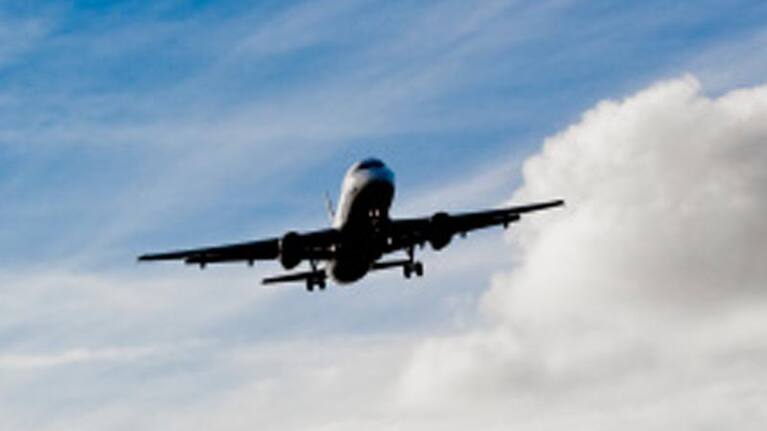A person has a one in 400 chance of suffering a medical emergency while on a plane, according to new research.
Critical care doctor Catherine Epstein analysed 13 months of in-flight emergency medical data for nearly 132,000 domestic and international flights on a leading Australian airline between 2015 and 2016 to determine the likelihood of a medical emergency occurring.
Dr Epstein, a senior resident medical officer at Sydney's Westmead Hospital, found an average of 284 medical events a month, making the in-flight probability of a "medical event" about one in 400.
The most common severe in-flight medical emergencies were loss of consciousness (36 per cent) and cardiovascular events (12 per cent).
Most events were not considered severe or life-threatening.
Of all medical incidents, only 24 led to flight diversions with 54 per cent of these diversions attributed to cardiac problems.
Neurological causes such as seizure or suspected stroke caused 17 per cent of diversions.
"The majority of in-flight medical incidents are not life-threatening and may be managed with simple measures," Dr Epstein said.
While it may seem like planes would be the worst place to be to loose consciousness or go into cardiac arrest, they are actually one of the safest, according to Dr Epstein.
Critical care experts say airline medical kits include a range of life-saving equipments and medications.
"You are probably more safe than you would be if you were on the street and had a heart attack than if you were on a plane and had a heart attack. There is a defibrillator right there, there's crew that are trained in first aid, CPR," Dr Epstein said.
"On top of that, maybe there is a doctor on board to help out."
The study was presented at the annual scientific meeting of the Australia and New Zealand College of Anaesthetists in Sydney on Friday.



















SHARE ME